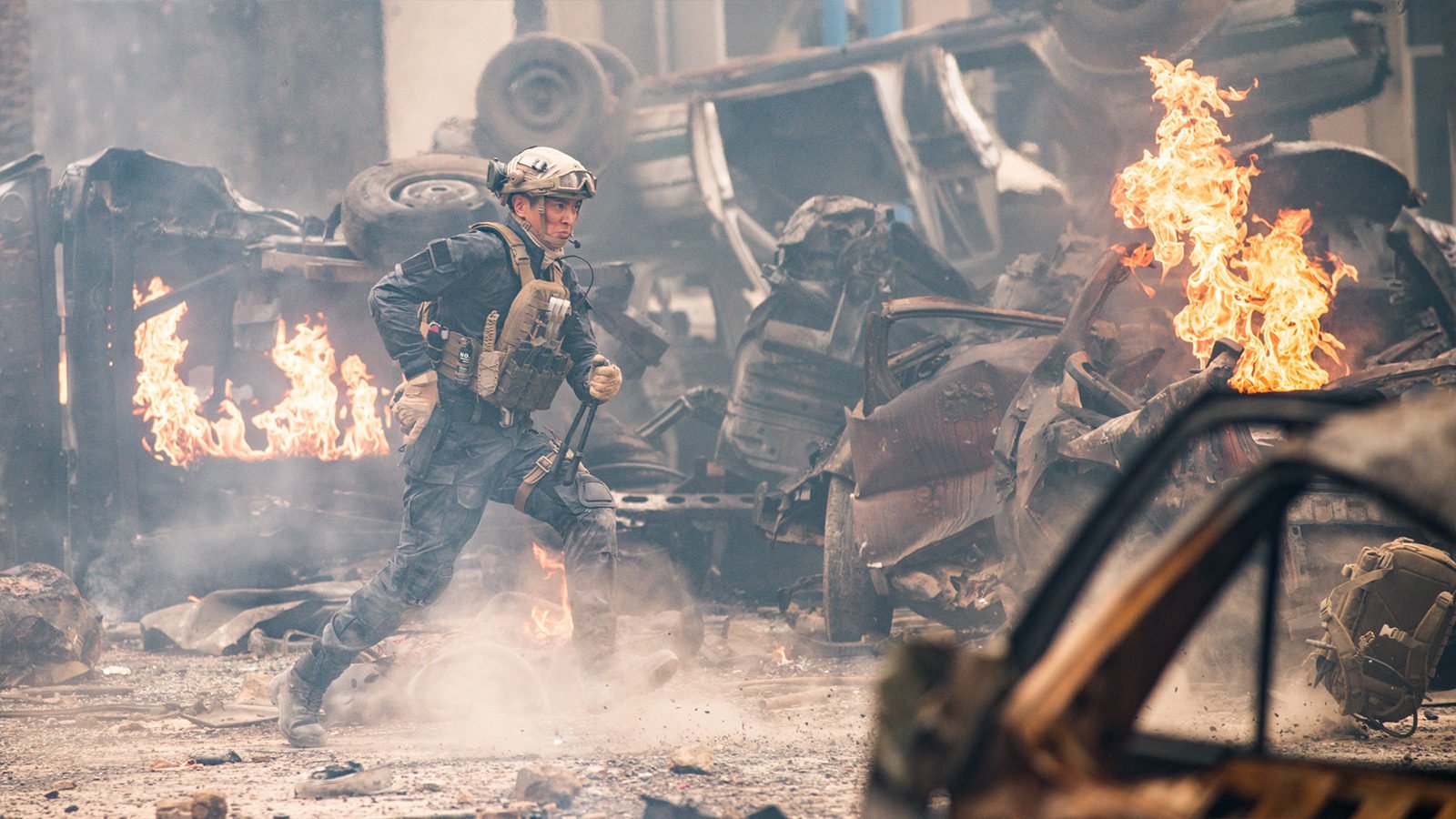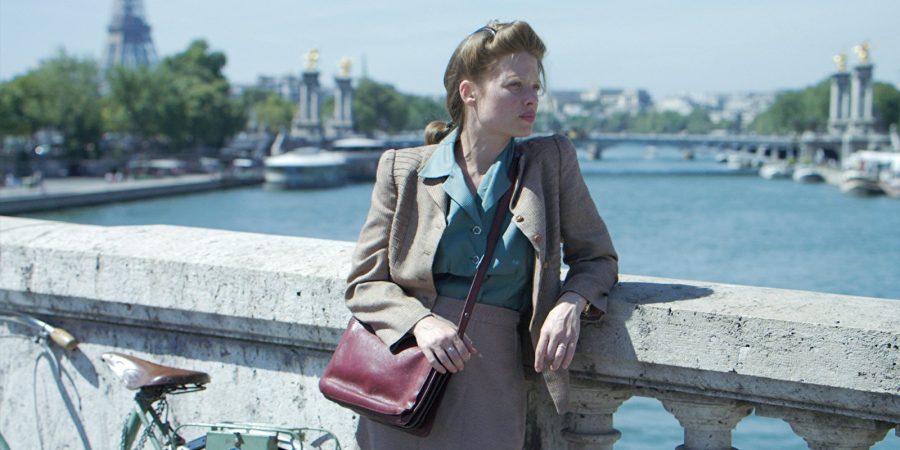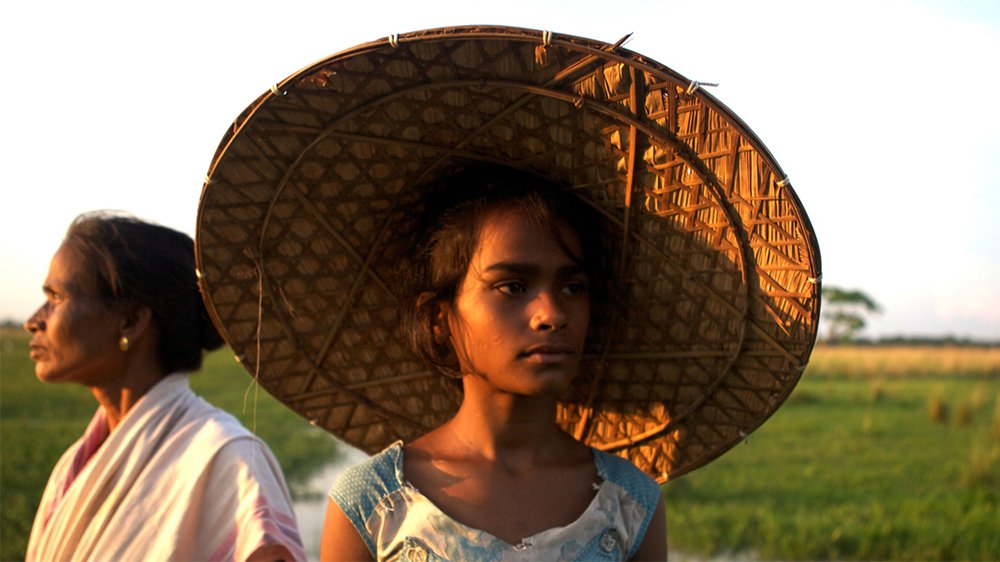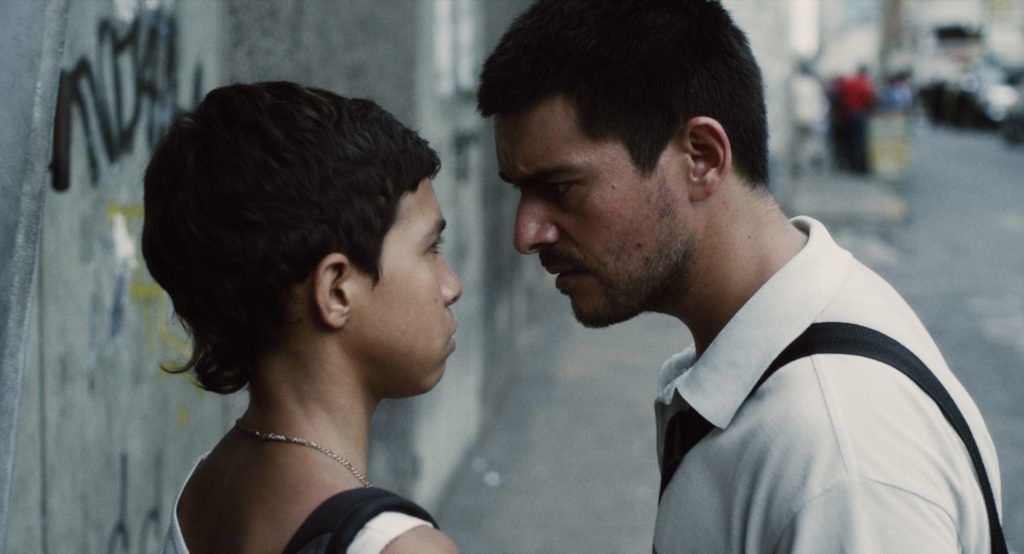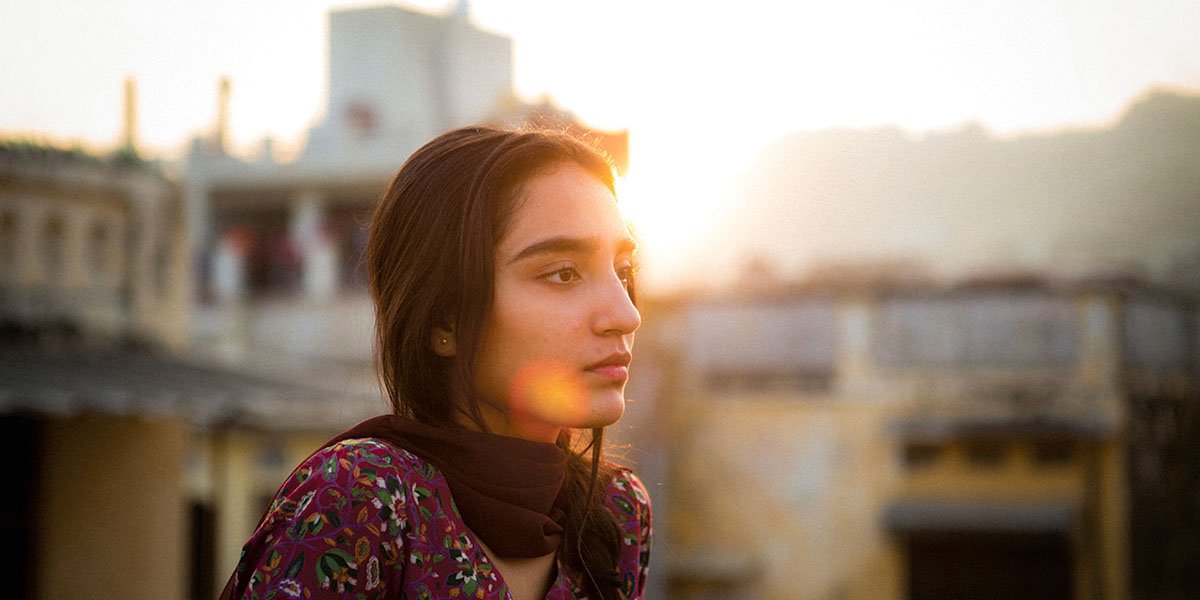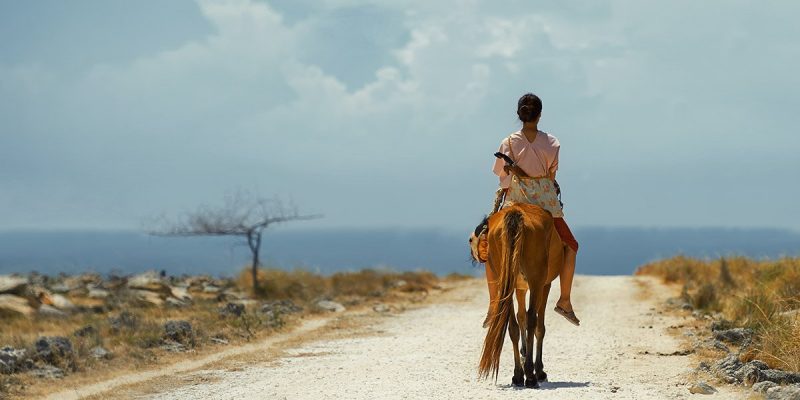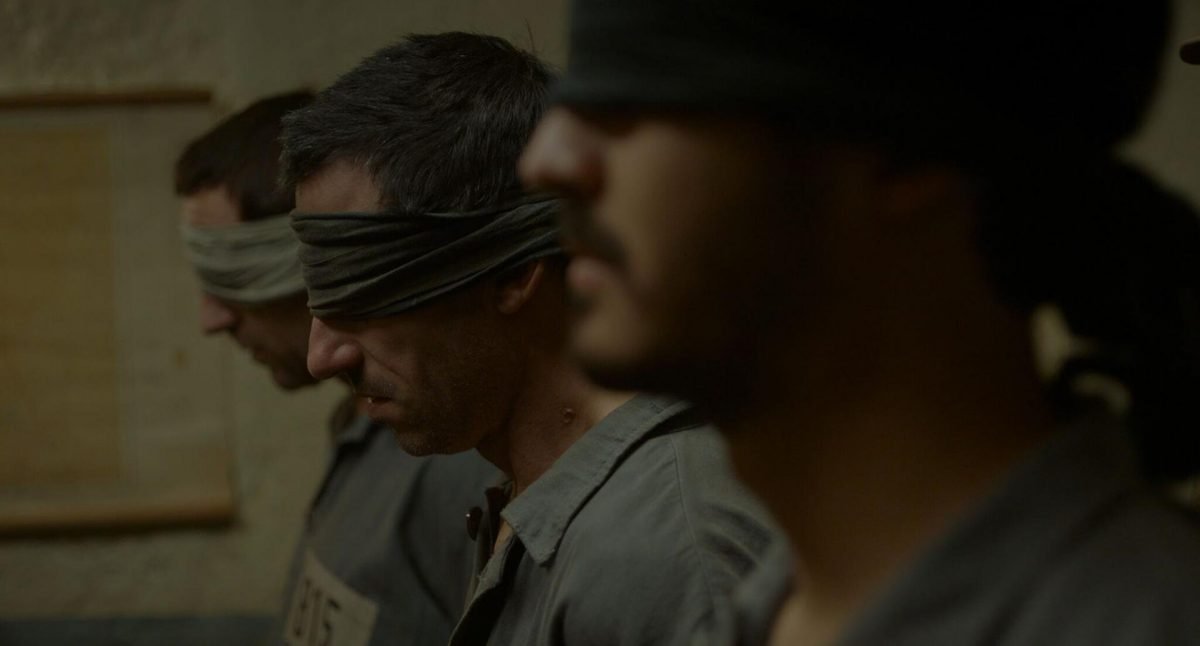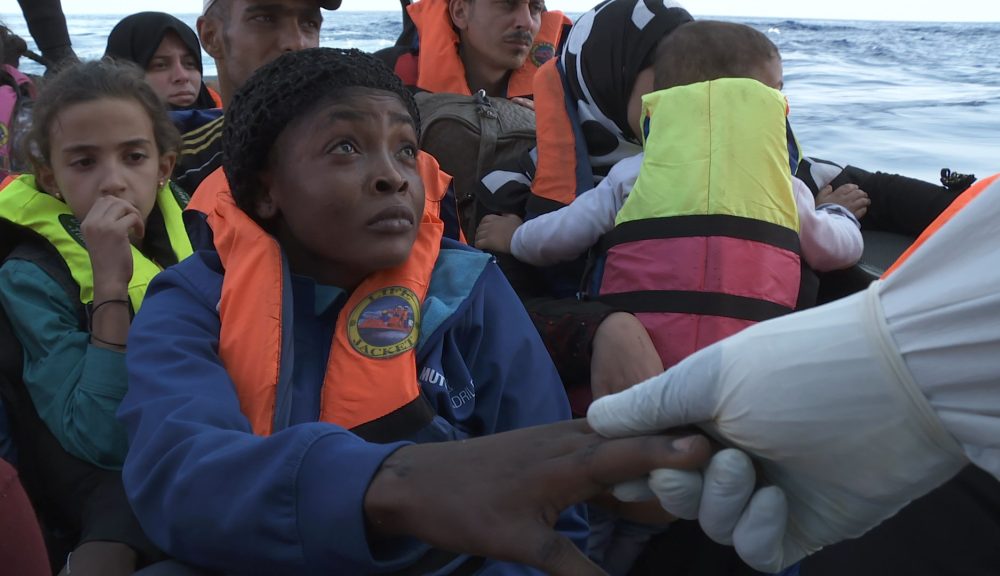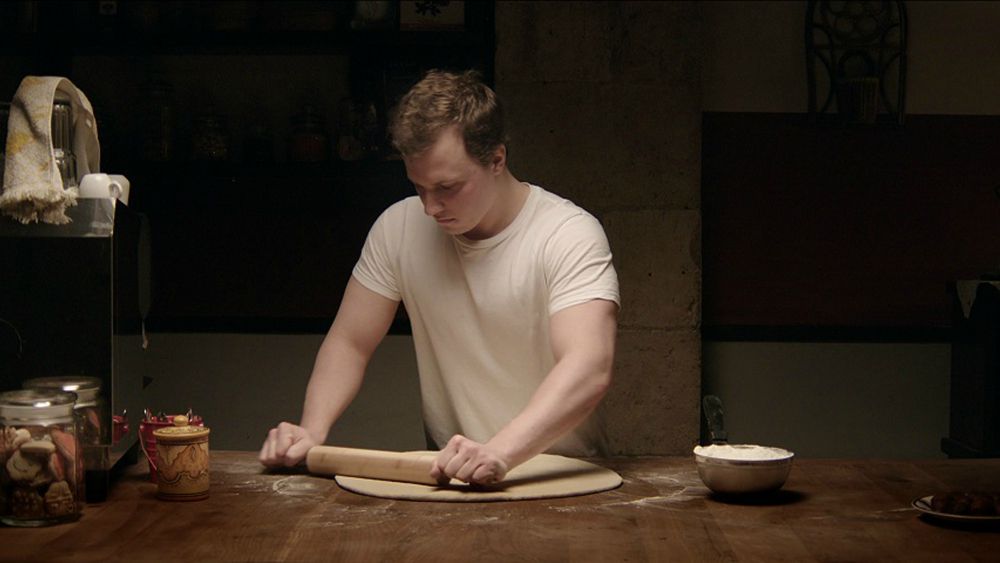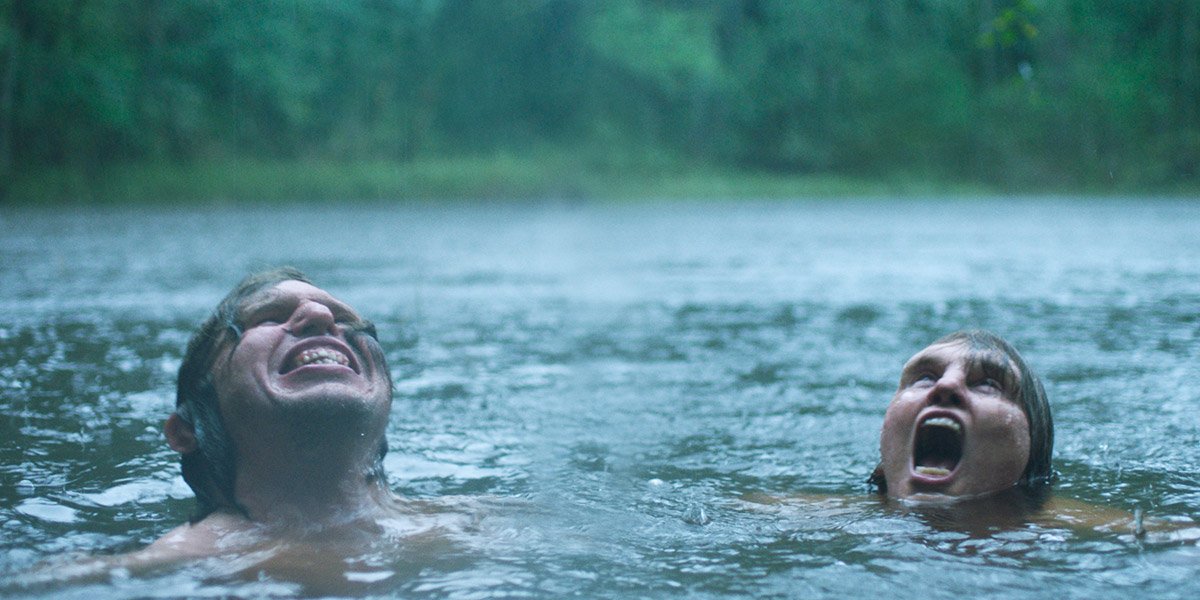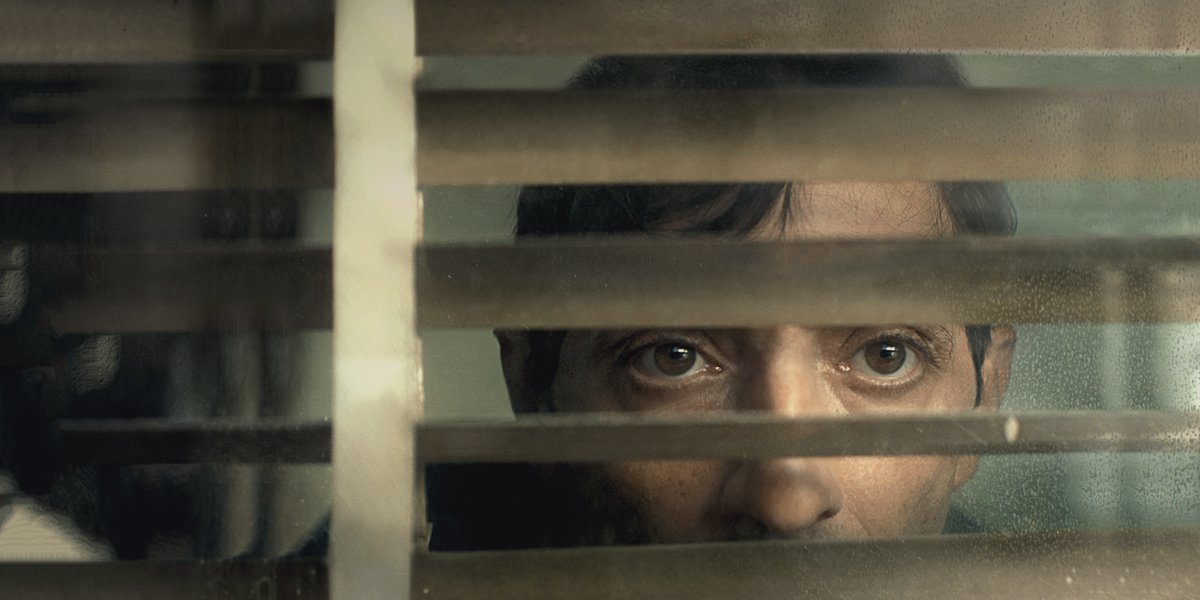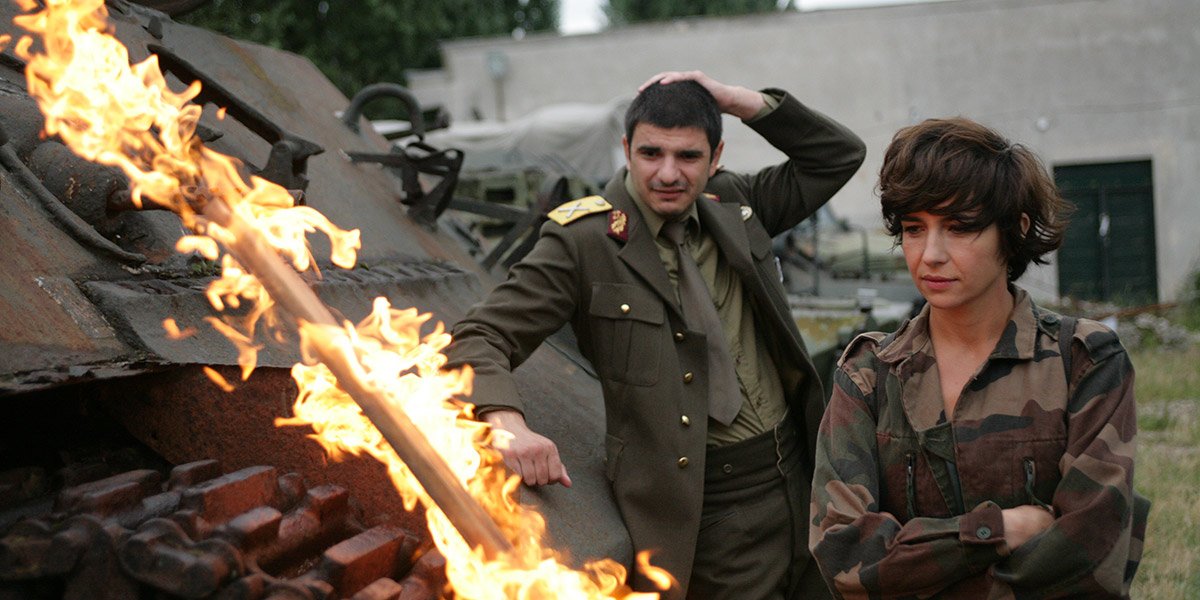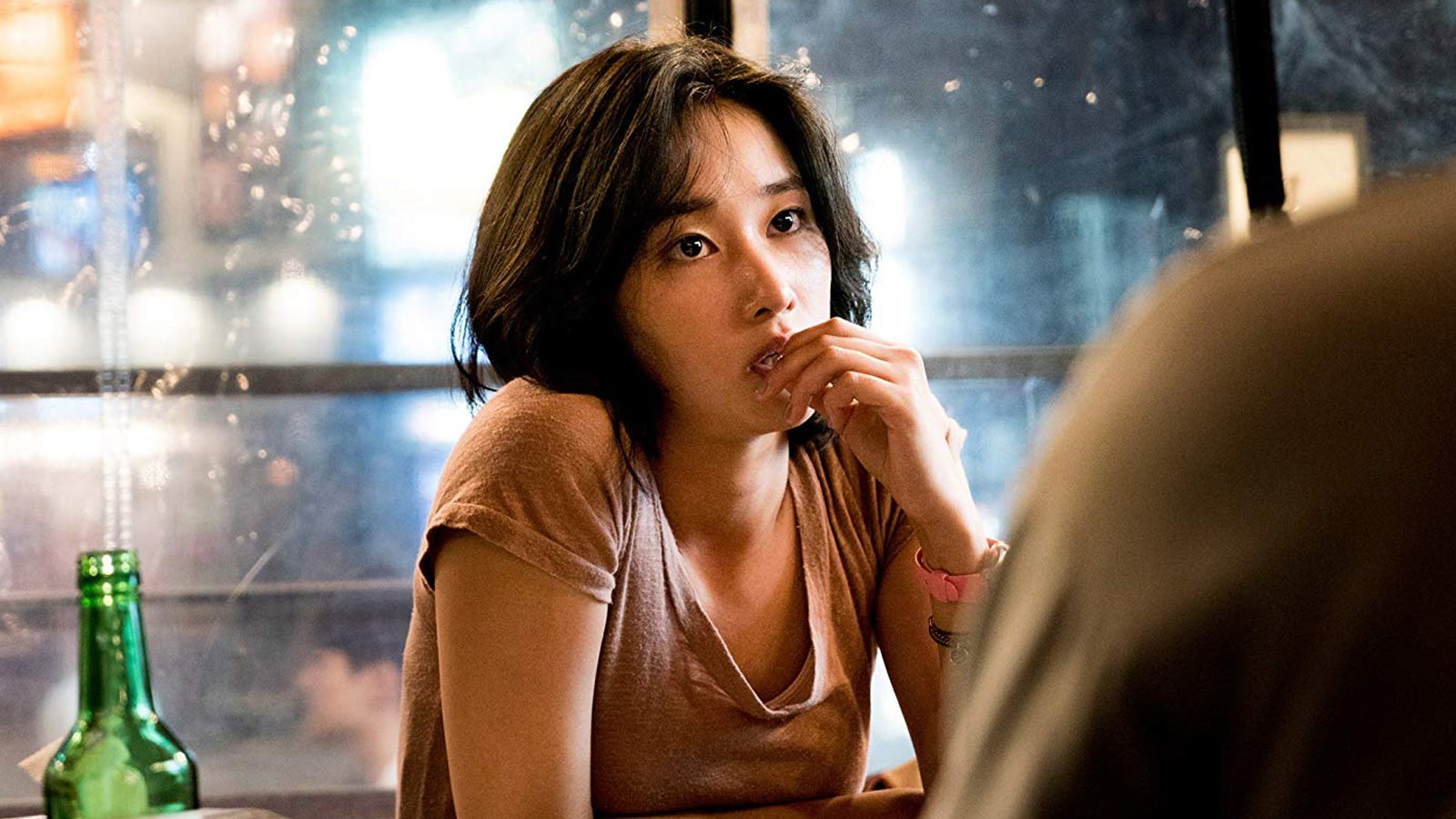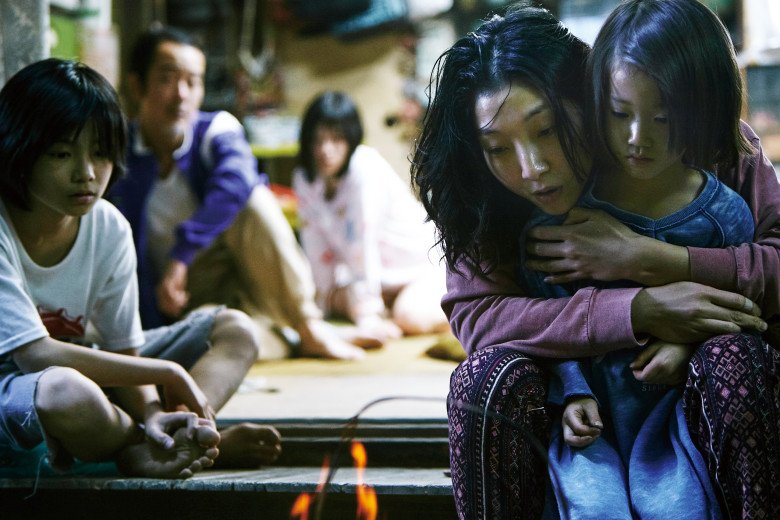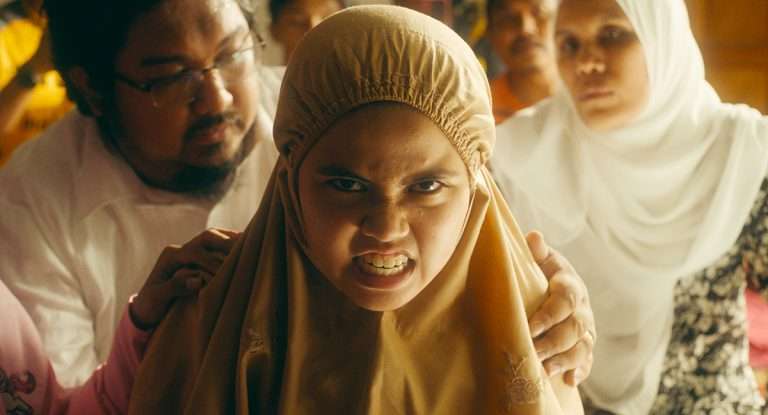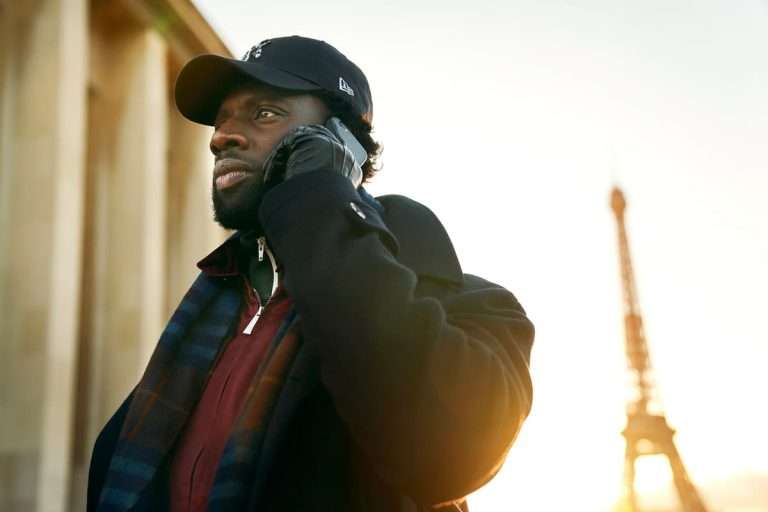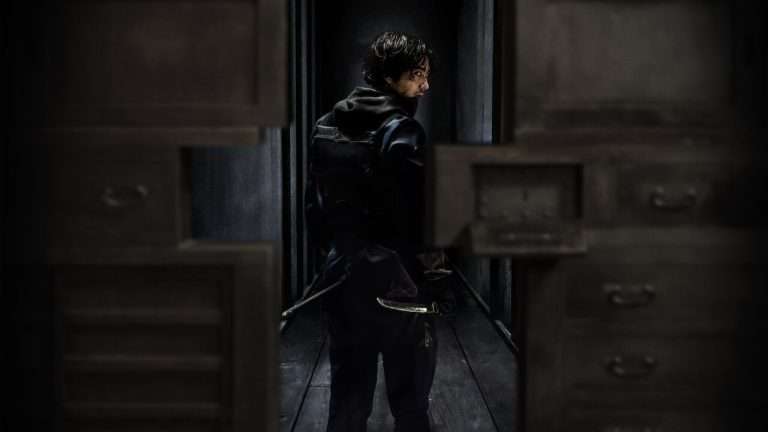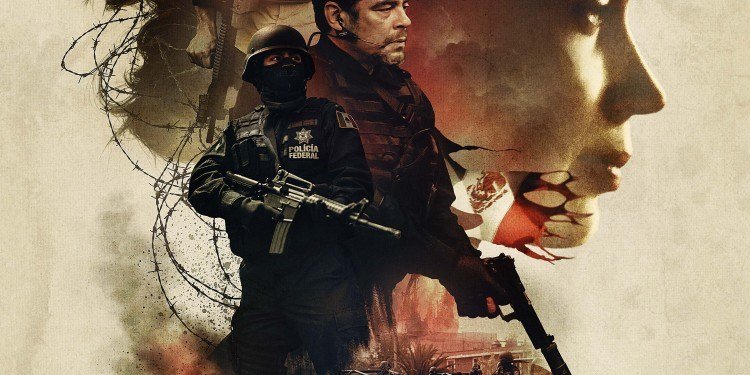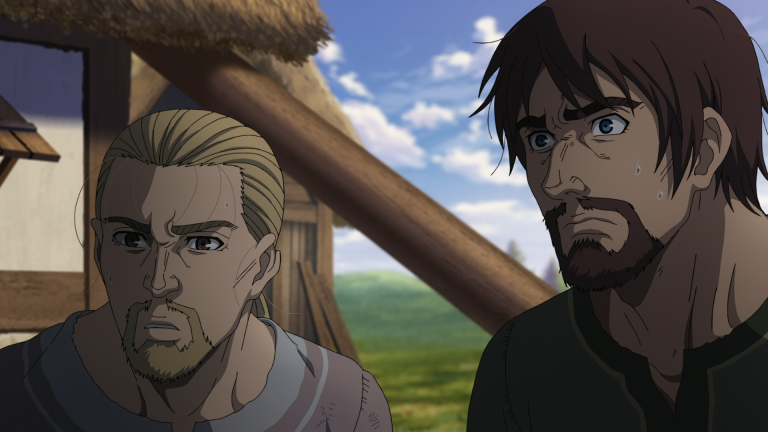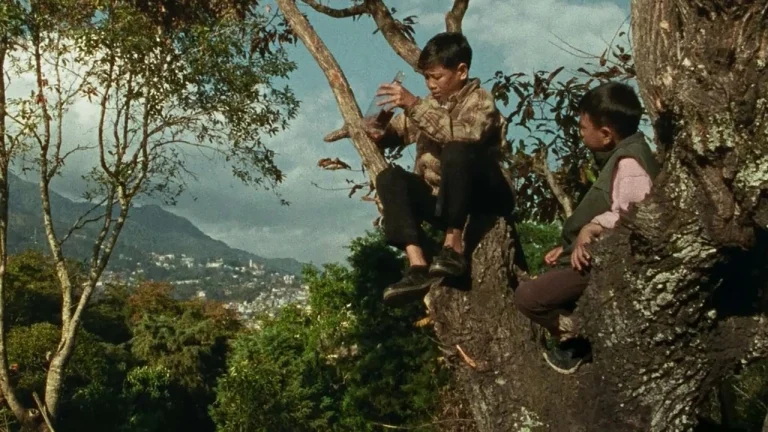List of the seen films that are submitted at The 91st Academy Awards for Best Foreign Language Film.
The 91st Academy Awards ceremony will be held at the Dolby Theatre in Hollywood, Los Angeles on February 24, 2019. The 9 shortlisted films for Best Foreign Language film at the 91st Academy Awards will be announced in December 2018, while the final five nominees will be announced on 22 January 2019.
“Hello, I’m Leos Carax, director of foreign-language films. I’ve been making foreign-language films my whole life. Foreign-language films are made all over the world, of course, except in America. In America, they only make non-foreign-language films. Foreign-language films are very hard to make, obviously, because you have to invent a foreign language instead of using the usual language. But the truth is, cinema is a foreign language, a language created for those who need to travel to the other side of life. Good night.”
—Leos Carax’s speech (read for him in absentia) after winning the Los Angeles Film Critics Association “Best Foreign-Language Film” award for Holy Motors
As Leos Carax said, Foreign language films are made all over the world except America. This year we have 87 foreign language Oscar contenders competing to find the place in nomination for The Best Foreign Language Film at the 91st Academy Awards. The critical acclaimed Roma, Alfonso Cuaron’s autobiographical black-and-white 70s family drama, is the current favourite to most likely win it. Oscars has been unpredictable at times but Roma would most likely get a nomination if not win it.
Here is the list of the films submitted to The 91st Academy Awards for Best Foreign Language Film which I have seen. The list will be constantly updated upon my viewing of the films in the category.
25. Operation Red Sea | Country: Hong Kong | Dante Lam
“Operation red sea” is a colossal waste of time and all the resources used to make the film, except for its beguiling cinematography. The picturesque cinematography blending high contrast with sharp brightness creates a distinctive style that is immersive and impressive. But, alas, the monotonous arch of the characters and the exaggerated jingoistic plot line is not good enough for the experience.
In presenting the glorious celebration of Chinese military coup to rescue the hostages, Dante Lam ignores the basic grammar of film-making, paving the path for breakneck actions crammed with many graphical violent scenes that don’t do the justice to the narration. It doesn’t feel earned.
Related – Operation Red Sea [2018] Review: An Uninspiring and Forgettable Film
24. Memoir Of War | Country: France | Emmanuel Finkiel
Whether it was the massive expectation or the characters were kept at a distance, emotionally, for the audience to not feel anything, I am not sure what it was but the film felt disconnected and directionless. A very similar Russian film, A Gentle Creature, where a woman is searching for her husband, does evoke the feeling of longing and depravity in the life of the lead character and makes you invest in the story emotionally, which Memoir of War lacks completely.
23. Beauty and the Dogs | Country: Tunisia | Kaouther Ben Hania
Filmmaker Kaouther Ben Hania addresses a crucial and sensitive issue of women safety in a politically turmoiled country, and layers it with conservative social outlook, the police brutality, rigid dominance hierarchy, and disdainful perspective of modernisation.
Loosely based on the controversial true story about a woman raped by two police officers, the responsible pillar for taking care of the society, ‘Beauty and The Dogs’ find its beauty in peeling off each layer of the Tunisian bureaucracy and misogyny to lay bare the deeply rooted issues.
The film chronicles the harrowing struggle of Mariam (Mariam Al Ferjani) to file a complaint against the two police officers who raped her in the car. The film suffers from the poor screenwriting coupled with mediocre acting by supporting cast lessens the overall impact of the plight of Mariam.
22. Champions | Country: Spain | Javier Fesser
“Champions” follows a done to death plot of a disgraced man thrown into a circus of a situation on the court orders. He does redeem himself in the end. The film quite comfortably marries off the plot of a disgraced coach and an underdog team of disabled players.
Even though the characters are developed to demand your sympathy than earn it, the film essentially knows it and never tries too hard to be life-altering, a philosophical guide on living guidelines. It is a lighthearted, harmless film that could be enjoyed over a weekend.
21. Village Rockstar | Country: India | Rima Das
The paper-thin narrative tries to touch upon the innocence and aspiration of a 10-year-old girl without the coherent screenplay. It does have the glimpse of an achingly beautiful story of a girl that gets squander somewhere in poor technical craft [budget could be the reason] and single note performances of the supporting cast. Writing, directing, editing, doing the camera work, costume design and most of the production assignments, Rima Das pretty much like her petite central heroin is a roaring one woman army. You can read the complete review here.
20. The Family | Country: Venezuela | Gustavo Rondón Córdova
La Familia is a straightforward sleek drama revolving around a father and son on a run after the son accidentally kills another kid from a poverty-stricken neighbourhood of economically decaying Venezuela. Gustavo Rondon Cordova takes the issue of father and son embroiled in a violent situation head-on and, constructs a dramatic thriller that unravels over a course of two days.
La Familia never gets into the psychological depth of the situation as the narrative deals with the more urgent issue here – survival. The camera moves with the character, trying to capture the observational details, as in with the opening scene that establishes the similar horseplay ecosystem of kids as in ‘City Of God’, without any expositions. La Familia is a bold and gutsy debut film largely driven by the understated performance of the lead actors who come of age by the time end credits roll.
19. What Will People Say | Country: Norway | Iram Haq
“What Will People Say” is a harrowing tale of a Pakistani teenager born and brought up in Norway. She finds herself in middle of a storm when her conservative & patriarch family finds her with a boy in her room in the middle of the night. To redeem their lost respect in the neighbourhood and impart the cultural values to their daughter, they have her sent to Pakistan to stay with her paternal aunt.
The film is rigged with daunting events that follow her throughout the film, building up the rage to a point of suffocation where death seems a better choice. Iram Haq’s writing is quite manipulative at times, in spite of the believable characters sketched in hurry. Adil Hussain carries the film with confidence and lifts it up whenever the film falters.
Related – What Will People Say [2017]: ‘TIFF’ Review – A Poetic and Perceptive Examination of Female Oppression
18. Gutland | Country: Luxembourg | Govinda Van Maele
At its outset, Gutland seems like those run of the mill drama thriller about a mysterious stranger’s intrusive arrival in the remote village inhabited by closely knitted families – they work in the morning harvesting the endless farmland and party in the night. You believe that the outsider, Jens (Frederick Lau), would bring troubles and disrupt the peace of the dwellers. But the debutant film-maker, Govinda Van Maele flips the notion on its head and weaves a surrealist rural noir, blending fantasy with the naturalism leaving Jens under the constant fear of danger lurking in the corner.
Govind smartly shifts the genre. The narrative gets tighter and unsettling with the revelation of unusual and disturbing events that deepen the drama. It’s an allegorical film on the outsiders trying to find a new identity and a place for themselves. What does it cost to be a part of a community and how much you can compromise on your personal and cultural identity?
17. Euthanizer | Country: Finland | Teemu Nikki
Veijo (Matti Onnismaa) is a believer of Karma, an agent of death, a folk philosopher, an angel to the suffering animal, a loner, and a pipe smoker. He is asocial and very clear about not having a child. His love for pet animals is insurmountable, it goes to such an extent that he helps pet lovers to put down their pets. He buries them with dignity and shall drag you to the field to bury the animal, in case you have run over them.
A 50ish bike mechanic who, when not repairing bikes and visiting his father in the hospital, euthanize pet animals. The larger animals get shot and the smaller ones get the gas. Euthanizer is a twisted tale of cruelty and love for animals seen through the eyes of Veijo and a wannabe Neo-Nazi Petri (Jari Virman). Teemu Nikki smartly weaves a story of a man who finds himself helpless to fit in a group and a man who loves to be by himself.
Related – Euthanizer [2018] Review: An Admirably bleak yet comedic thriller
16. I Am Not A Witch | Country: United Kingdom | Rungano Nyoni
A black-comedy disguised as a social satire which is also disguised as a magical realist take-down of superstition and gender roles, Rungano Nyoni’s “I am Not a Witch” is both amusing and tragic, funny and sad, playful & incredibly important. A rare, bold and extravagant debut film which sets Rungano Nyoni apart from other contemporary film-makers based on her incredible visual style alone.
Must Read – The 20 Best Women Directed Films Of 2017
15. The Resistance Banker | Country: Dutch | Joram Lürsen
Film-makers have often re-visited The World War II to dig up the various gallant and humane stories, often admirable and plainly shocking. The Dutch drama “The Resistance Banker”, based on the real-life story of Dutch banker Walraven van Hall (Barry Atsma), is a fascinating and riveting story of a man who formed an underground bank.
The underground bank funnels the funds to help Dutch sailors stranded abroad by the war. As the war continues, Walraven expands the mission and fund the Dutch resistance. The production value is nuanced and the framing composition involving long shots are pièce de résistance.
The first two acts move at the breakneck speed, gliding through the elaborate plans that are shot with the sense of urgency, using the Fast cutting technique. It is in the third act that the film-maker loses the grip on the narrative to explore the emotional vulnerability of Walraven, his family and close associates that misses the much-needed punch. It altogether derails from a thrilling War drama to a predictable and formulaic family drama, perhaps to give a much-needed heroic adios.
Also, Read – Paths of Glory [1957] Review: An Anti-War Anthem
14. Marlina the Murderer in Four Acts | Indonesia | Mouly Surya
An Indonesian version of ‘I Spit on your grave’ with a lead character as bad-ass as Bride. A western genre mixed with revenge drama is split into four acts that are crafted with assured confidence. The score – reminiscent of Ennio Morricone’s score in Sergio Leone’s films is blended with electronic music, and frequent panoramic view photography puts you in the middle of the action. You can read the complete review of the film here.
13. The Guilty | Country: Denmark | Gustav Möller

The Guilty is a taut, well crafted, low budget tense thriller that takes place inside a closed police- emergency help centre. Unlike the other single location films that succumb to the psychical tension of limited and confined space without any substance to it, ‘The Guilty’ works because of the emotional deft that the well fleshed out characters have.
The film reveals itself as an aural mystery in the mind of its audiences. It puts you in the seat of the lead protagonist, Asger Holm (Jakob Cedergren), and his mind, and without showing the action on the other end of the call. It’s like Steven Knight’s under-rated masterpiece ‘Locke’ with more cognitive tension on its surface with an underlying story of an officer who confronts his demon as a kidnapped caller finds herself in a life threating circumstances. You can read the complete review of the film here.
12. A Twelve-Year Night | Country: Uraguay | Álvaro Brechner
A Twelve-Year Night, inspired by the true events and based on the book “Memorias del Calabozo” by Mauricio Rosencof and Eleuterio Fernández Huidobro, who, along with José “Pepe” Múgica, were imprisoned in solitary confinement. They were on the constant move and spent 12 years in forty jails during the military dictatorship that ruled Uruguay starting from 1973. The film captures the horror of atrocious behaviour and psychological trauma inflicted on the three Uruguayan political radicals.
One of the Military officers passes a brutal remark, “We should have killed them at the time; now we’re going to drive them insane,” and the film stands true to the word for portraying it. They were robbed of their basic human rights by refusing them of minimum amenities like the books, newspaper, toiletries and fresh food, and left to rot in their cells. They were not allowed to speak to anyone or go out in the open space thus traumatising them within the confinement of the walls and lack of human connection.
11. The Great Buddha | Country: Taiwan | Huang Hsin-yao
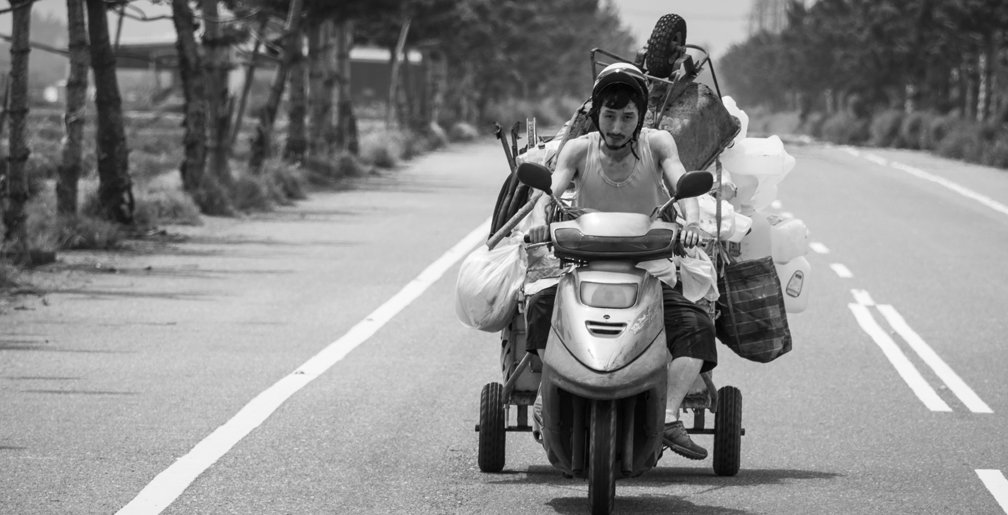
The Great Buddha has an absurd idiosyncratic tone throughout the film that is wildly funny and tragic, and the ingenious concept of narrating the bleak and universal story of nobodies finds humour in tragedy. The idiosyncrasies find a way for sharp criticism and nuanced detailing of the social indifferences plaguing Taiwanese population. Be it the name of two nobodies, ‘Bellybutton’ and ‘Pickle’, their friend ‘Peanut’, or the English name of Pickle’s boss, Kevin which he got to adopt due to his ascribed and master status, finds humour and social prejudices in the names as well.
‘The Great Buddha’ finds a wholly original voice in the found footage genre when two nobodies watch car dash-cam video to kill their time while guarding a Buddha statue. How the course of their lives change when they hear a loud noise and find out that it was not moaning sound of intercourse which they initially thought. Brazen-faced commentary by the director himself, often breaking the fourth wall, is mixed with a scathing critical eye for class difference and obscenities. Alternating the shots between dreary black and white and glimmering colours on found footage, the camera work by Nagao Nakashima is undeniably and inarguably the highlight of the film.
10. Eldorado | Country: Switzerland | Markus Imhoof
Many Spanish conquistadors trekked deep into South American forests to discover Eldorado, the mythical lost city of gold. The wishful thinking of discovering this gold-coated paradise gobbled lots of lives. In Markus Imhoof’s hard-hitting documentary Eldorado (2018), we see desperate souls reaching the calm shores of southern Italy to escape from purgatory, a wishful thinking that often doesn’t come true.
Eldorado comes across as a fitting companion piece to Gianfranco Rosi’s Fire at Sea (2016). Rosi juxtaposed microscopic, a personal viewpoint of a boy inhabiting a peaceful coastal town with the macroscopic perspective of emaciated asylum seekers crossing into Italy to start anew (few nautical miles from the boy’s hometown). Similarly, Eldorado flits between micro and macro views, elegantly stitching up the film-maker’s private recollections of WWII memories with the twisted economics of EU refugee crisis. Eldorado is a multifaceted and deeply humane documentary on the ugly realities and moral bankruptcy at the forefront of the refugee crisis.
9. The Cakemaker | Country: Israel | Ofir Raul Grazier
Just like dough, the characters in Ofir Raul Grazier’s impressive debut film ‘The Cakemaker’ are both – delicate and tender, in dire need of love and warmth. The two leading characters, a German cakemaker and an Israel woman, look so frail, lost and broken in their shared grief for the same man they loved that you want to hug them and comfort them. Ofir draws two beautifully written characters in the novelistic narrative that is smartly structured and minutely nuanced.
Unhurried in its pacing, ‘The Cakemaker’ is kinder towards handling the grief than delving into unsettling sombre tone as if life has come to stand still, and still, it retains emotional naturalism to move its audience in a way that you admire their courage for rebuilding themselves than pity them. The minimalistic production design in the interiors coupled with muted photography helps to capture the intricate details of the ongoing emotional state of the characters and their dynamics whenever they are together.
8. Border | Country: Sweden | Ali Abbasi
‘Border’ is a thought-provoking and equally potent allegorical drama that examines the most pertinent question on how and where you draw the line for different race and caste people who find themselves misfit in the non-indigenous community. As strange as others perceive those misfits in their society, the daunting feeling of displacement often makes a person more aware or push them on the edge of madness. Border tackles both the conundrums and examines the moral inclination of a character upon realisation of individual’s origin.
‘Border’ is an unnerving and tender romantic drama about a strange looking woman who could sniffle the emotions on you. Subversive and restrained in its narration, the film strikes a right balance between social realism and personal conflicts.
Related: Border [2018]: A Grim Scandinavian Folktale
7. Dogman | Country: Italy |Matteo Garrone
Matteo Garrone’s ‘Dogman’ is a story of love and tragedy in the life of an ordinary man. The ordinary man caught between the love of his life, his only child, and a local gangster who embroils him in carrying out petty crimes. It’s a gritty drama set in the rural ruins where Marcello (Marcello Fonte) is pushed to the lowest abyss of meekness and desolation. It’s a gradual breakdown of a common man’s conscience.
Marcello Fonte mellow performance lifts the weaker patch of the narrative and makes it intriguing solely with his eccentricities. He brings the charm and beta-male vulnerability to his character effortlessly. His transition from growling puppet to a great Dane is heroic but within the emotional realm of practicality.
Related – Dogman [2018]: ‘BFI-LFF’ Review – A Story of Love and Tragedy
6. I Do Not Care If We Go Down In History As Barbarians | Country: Romania | Radu Jude
“I Do Not Care If We Go Down in History as Barbarians” is a smart, tricky, sarcastic, provocative and often ironically funny. The meta is three dimensional here. Layered like an onion, the film is an audacious, unadulterated look at the most debatable history chapter of 1941 Odessa Massacre in Romania, it also chronicles the struggle a filmmaker faces to make a film in general and on historical events that might not please the government.
Did Radu Jude just sketch a lead protagonist reflecting his consciousness? Damn, yes. He did. Did he just convey that the Romanian army was barbaric and equally involved in the Holocaust, burning thousands of Jews? Damn, yes. Did he just made fun of censorship in Romania, and mocked them and ridiculed them? Yes, yes. Yes.
Recommended – I Do Not Care If We Go Down In History As Barbarians [2018]: TIFF Review – ‘Critique of Pure Reason’
5. Cold War | Country: Poland | Paweł Pawlikowski
Cold War, loosely inspired by Pawlikowski’s parents’ lives, is an achingly beautiful romantic tragedy of a jazz-loving pianist and a young, nonchalant and fearless girl in the backdrop of the 1950s Cold War in Poland. Cold War is aesthetically a superior and one of the most beautiful films in recent times. The cinematography of the Cold War is a language in itself that supersedes the narrative than assists it.
Cinematographer Lukasz Zal, earlier worked on Pawlikowski’s Best Foreign Language winning film Ida, layers every frame with an emotional depth that keeps flickering in its contrast and movements to convey the dynamics between the lovers. In spite of such controlled camera work, the romantic drama feels emotionally cold and underwhelming. It feels more dramatic due to its abrupt forward jump editing than organic, due to which the climax feels not well earned than what it intended to be. Nonetheless, it is a great film to look at and songs are too invigorating to move even a cold person.
Also, Read – Cold War [2018]: ‘MAMI’ Review – An ode to restless love
4. The Heiresses | Country: Paraguay | Marcelo Martinessi
Driven by an incredibly heartfelt and the tour de force performance of Ana Brun, The Heiresses is an original and piercing romantic drama in the lives of the Quinquagenarian women amidst the financial crisis that has hit them hard. Chela’s (played gracefully by Ana) personal and social life comes crumbling down after the incarceration of her lover due to bank debt.
Swallowing their fluffed pride and pressing their egos, Chiquita (played badassery by Margarita Irún) sells their most valuable and inherited possessions in the agreement with Chela. With every item going off the shelf from their lavish home, Chela’s reluctance to provide the cab service to a group of elderly wealthy ladies starts to wither off. It is during this service she encounters a young woman who invigorates the shrivelled feeling of romance, taking her by storm.
The absence of Chiquita gives Chela an opportunity to self-explore and introspect her life that was primarily governed by Chiquita. Film-maker Marcelo Martinessi never provides an easy answer. Like the lead character searching for the true meaning of love, we are left in the middle of a crisis these characters are facing to understand them and decipher their feelings.
Related – The Heiresses [2018]: ‘MAMI’ Review – Rekindling the Lost Desires
3. Roma | Country: Mexico | Alfonso Cuarón
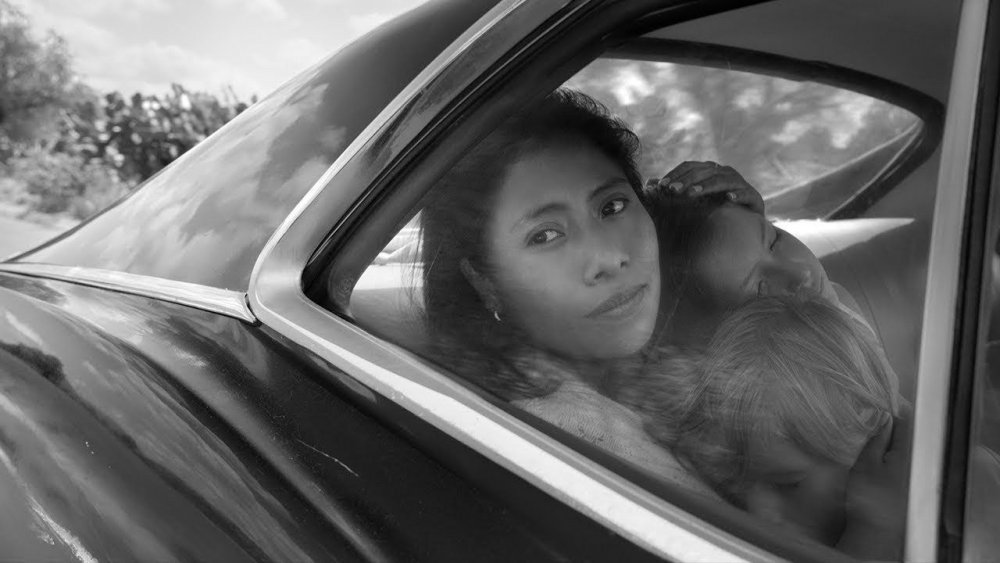
Roma is a staggering achievement in narrating the most intimate and personal work of Alfonso Cuarón. The film feels like reading the most vivid and eloquently written chapters from a personal diary of an exuberant child. Brought up by a devoted woman (first-time actress Yalitza Aparicio) who is nanny and housekeeper, it’s a Cuaron’s love letter to all the nannies out there, who bring up the kids as their own. It’s tragic to find her lonely when the entire family is around her and depends on everything.
Roma is a heartfelt story of two women belonging to different social and financial strata struggling to keep together midst of personal tragedy and emotional turmoil and political uprising. The most noticeable thing – which I am sure Cuaron did out of respect – was that the camera never intrudes in the personal lives of the characters. Shot in 65 mm and glorious black and white, Cuarón let the camera glide inside the house as if it’s a character, keenly observing the family dynamics and piecing together their quotidian lives. It’s lyrical and heart-breaking.
2. Burning | Country: Korea | Lee Chang-dong
The elliptical orbit of mysterious aura and puzzling nature of an individual is patiently explored in Burning, an adaptation of Haruki Murakami’s short story Barn Burning, except that it is set in Korea. Three distinctive characters intersect in this slow-burning psychological drama that examines the class conflict and tensive interpersonal dynamics emerging from brewing rage, sexual longing and animosity that culminates in a queasy bone-chilling climax.
Burning is a stunning opaque story riddle with the ambiguous enigmas and uncertain turn of events. It’s a well crafted and stunningly muted cinematographed film with absolute control on its writing, displayed in the powerful characterization and a well-earned climax that you won’t see coming from five hundred miles.
Must-Read – Burning [2018]: ‘NYFF’ Review – A stunning, opaque story riddled with the ambiguous enigmas
1. Shoplifters | Country: Japan | Hirokazu Kore-eda
After slightly diverting from his comfort zone by delivering a slow-burning thriller in 2017, the Japanese master of familial dramas is back with Shoplifters. Soothing, understated and so emotionally moving that you wouldn’t even notice when tears stream down your face, the newest film by Hirokazu Kore-eda is a humanist masterpiece. Having explored how true fatherhood doesn’t just involve a blood relation in his 2013 film “Like Father Like Son”, Kore-eda takes up the tough job of humanizing a bunch of misfit thieves by questioning the very essence of what makes a family.
In doing so, he dwells his naturalistic, heart-warming narrative structure in one of his finest, most deceptive and heartbreakingly bleak story about what binds people together This is Kore-eda at his most realistically best. Filled with a compassionate, profound and intelligent narrative that never leaves you for a second, Shoplifters is the best film of the year and a perfect swan song to Kirin Kiki who literally gets buried in a Kore-eda household.

